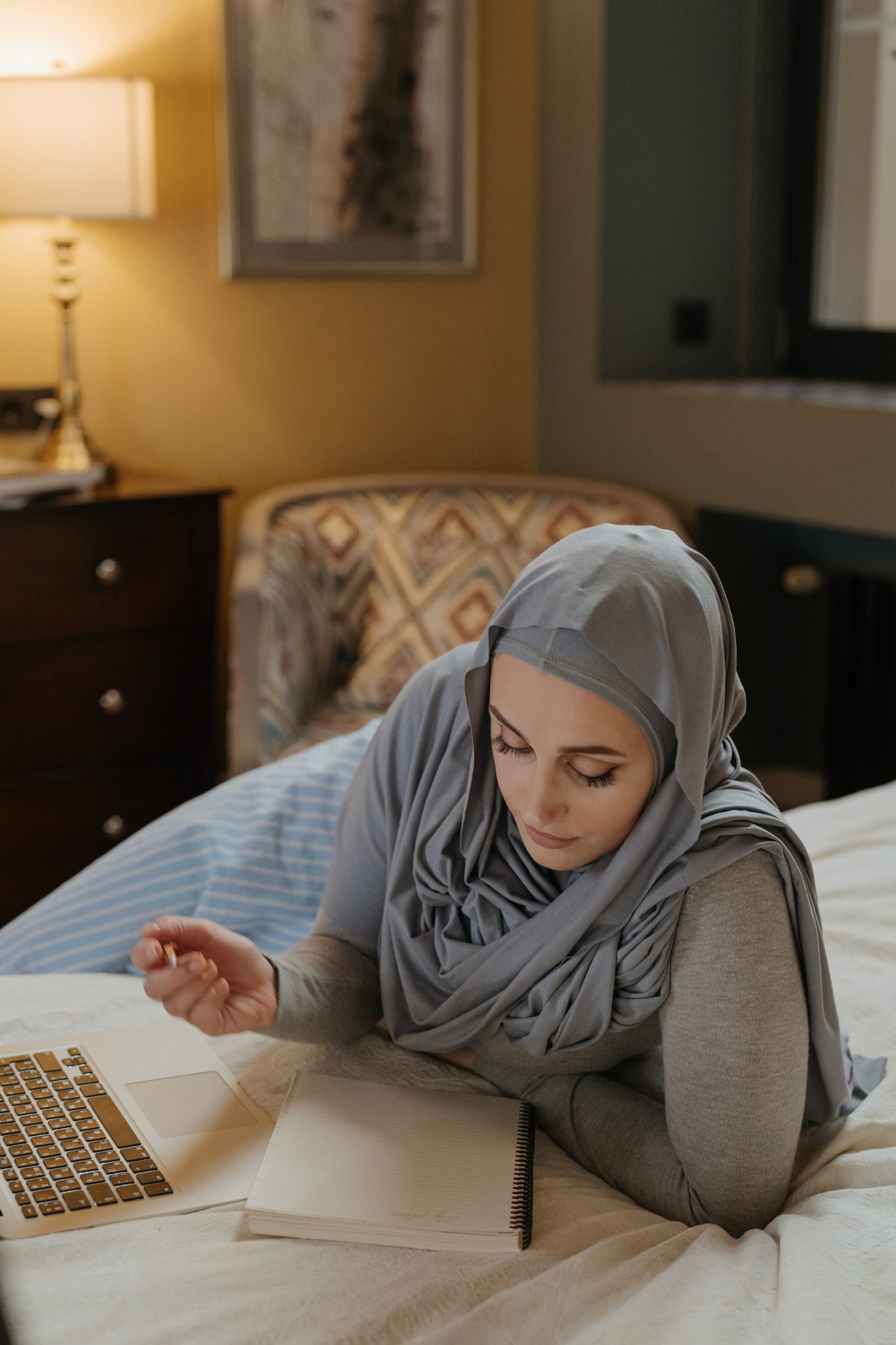“The Tone-Up” amplifies the voices of Muslim women who have something exclusive about Muslim women to talk or rant about. In this instalment, Fadilah Ali raises a thought-provoking question. Are Muslim women under obligation to cook for their families?
Like every other aspect of life, Islam sets out responsibilities for Muslims in their marital lives. These responsibilities are to be carried out, not only as rights of the other but as religious obligations too. Thus, when any of these responsibilities are neglected without justifiable reasons, then the person is blameworthy before Allah.
On the rights of the wife, there are many duties a husband is obligated to perform. Consider the following hadith that outlines the basic rights. Mu’awiyah al-Qushayri asked the Prophet (PBUH), “what is the right of the wife over one of us?” The Prophet (PBUH) replied, “that you should give her food when you eat, clothe her when you clothe yourself, do not strike her on the face, do not criticize her or separate yourself from her except in the house.” [Sunan Abu-Dawud, Book 11, Marriage (Kitab Al-Nikah), Number 2139].
From the words of the Prophet (PBUH), it is clear that it is the right of the wife that her husband provides her food. We can also extrapolate that cooking is not an obligation on the wife, since the man is meant to give her from what he gives himself. Thus, cooking is actually meant to be his duty, from an Islamic paradigm.
I say this, perfectly aware that the statement ruffles feathers. Women have cooked and cleaned for their families since time immemorial, just as men have provided. And if that is so, how is it fair that along with working to provide for the family, men also have to cook? Talking from the 21st-century mindset where more women have opportunities for education, and pursuing careers, if both husband and wife have jobs that keep them busy throughout the day, then how do they balance the home front as well? This, like many other decisions, falls solely to the couple involved.
Islam gives the basic guidelines for our daily lives and leaves the finer details to be determined by custom (urf) and our own preferences. This point is reflected even in the lifetime of the Prophet after the migration to Madinah from Makkah, where the companions experienced a severe culture shock. In Makkah, the men used to dominate the women, while in Madinah, the women were more dominant. Thus, the companions complained that women of Madinah had influenced their wives to become dominant over them. None of these was a problem still, as long as the fundamental rights and responsibilities of each spouse are fulfilled.
The arrangement of maintaining a household must be decided and agreed upon by the couple. First, according to what is common around the world, women do most, if not all, of the cooking while the husband is away on his job. There is absolutely nothing wrong with this arrangement and it does not, in and of itself, constitute oppression of the wife. However, just like every issue concerning women has been exploited, women have been made to feel and believe that they are not allowed to do anything with their lives apart from cooking. They have been made to believe that it is a religious obligation and by so doing, they have been condemned to the kitchen. This goes against the lifestyle of the Prophet (PBUH) himself who was fully active in doing household chores. He did not consider himself to be above cooking and cleaning, like most men today do, nor was he like a master in the household waiting to be served.
Does this mean that women shouldn’t cook for their husbands? Of course not. In my opinion, it isn’t fair to a husband who does his part in providing for his family to return home tired from a long day, only to find that nobody has prepared any food for him. Most women generally have no problem in taking care of domestic chores, oftentimes besides their own educational and professional pursuits. Doing chores at home should not be seen as something backwards or unfitting. Also, just as well, the task of cooking can be outsourced if it becomes an inconvenience to either husband or wife.
The complaints several women have today is that while they do all the work in the house, their partners think that doing chores is beneath them and as such do not partake. They also complain that despite doing all the housework, they are never appreciated. Outsourcing chores is seen as laziness on the woman’s part. Even when they have their own jobs, they are always rushing home to cook something. Some complain that even if their husbands get home before them, they still come back home to find a sink full of dirty dishes which they have to do as well as make dinner on time.
Women need to be reminded that their efforts are well-received and appreciated. They need to know that the husbands whom they do these chores for will gladly do the same for them. When people downplay these efforts, they are telling the woman that even though she spends a good portion of her time doing some chore or the other, it is not appreciated. This will inevitably lead her into thinking that she is being enslaved. God, in His infinite Wisdom, appreciates these efforts and promises reward for the people who do chores. Cooking is however not obligatory on the wife. Allah promises these rewards, so women wouldn’t feel shortchanged or enslaved in their own homes. And I think it is beautiful.
In Islam, whatever a woman does for her family, be it cooking a meal or giving a gift, it is recorded as a charity for her. And if she does not do them, then there’s absolutely no sin upon her. Whatever she makes from her job is completely hers to spend from, and if she spends from it on her family, then it is charity. On the other hand, regardless of whether she has her own money or not, her husband is Islamically obligated to provide for her and he is sinful if he does not.
What we see commonly practised today is that women are thoroughly reminded of how they must absolutely cook, when it is not even a religious obligation. She is never made to forget the merits of caring for the husband, while the actual obligations of the husband are never as emphasized. Talking about these issues is not to debate whether a wife should cook or not, since it is totally hers to decide. It reminds us that the things that are actually religiously sanctioned are often neglected in place of trivialities.
Sadly, we have become people who emphasize so much on superficiality and sweep pressing issues under the carpet. People will condemn a wife for not cooking dinner on time but will make tons of excuses for a husband failing to do his religious duty. The liberty given to men in our ethnoreligious spaces is a luxury that very few women can afford. When men are allowed to get away with things that are detrimental to their Islam, one must begin to wonder if they are actually being helped, or harmed.




